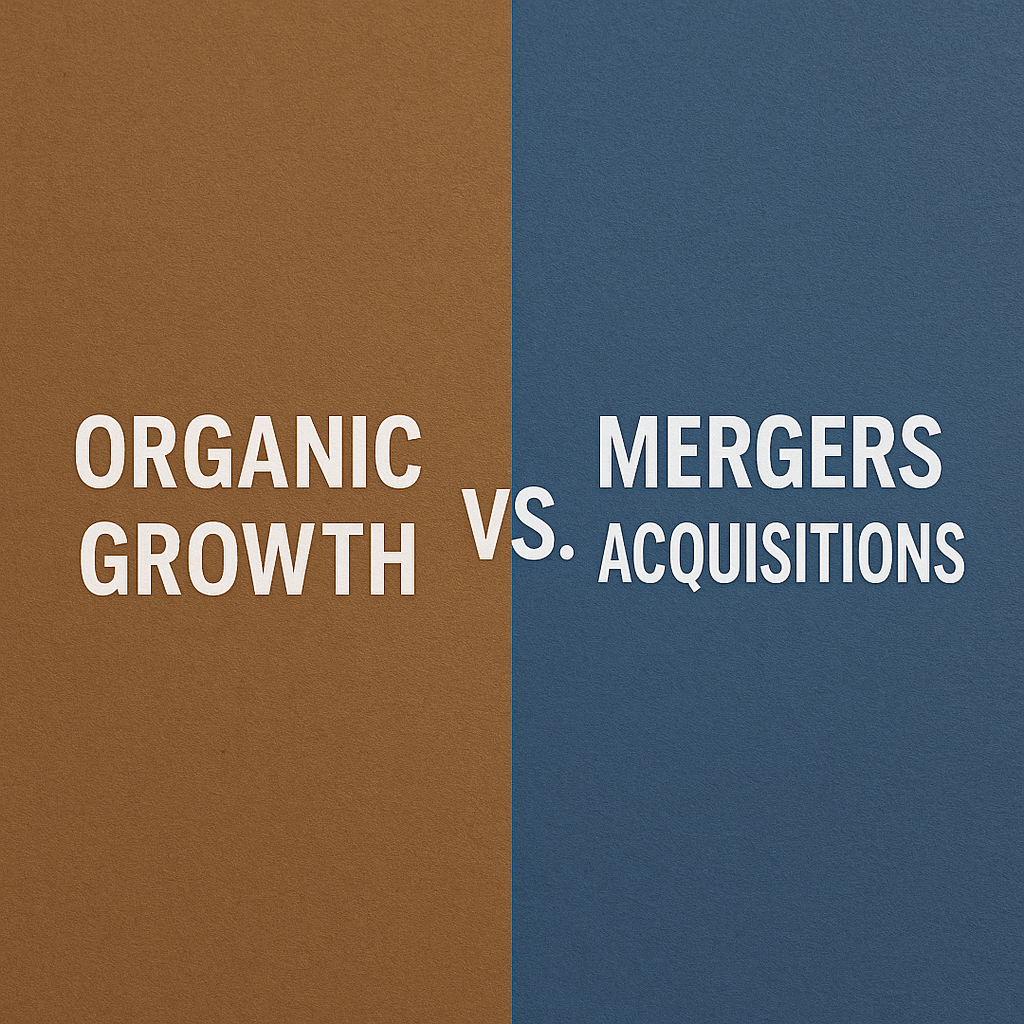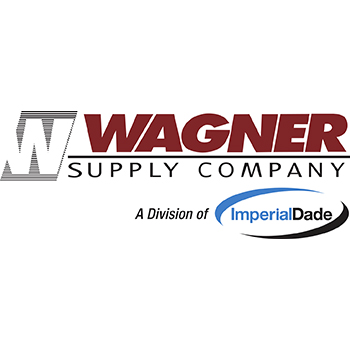Private Company Valuation Guide: How To Calculate What Your Business Is Really Worth
Understanding how to value a private company is essential, whether you’re preparing for a sale, securing investment, planning a leadership...

Mergers and acquisitions (M&A) are essential strategies businesses employ to achieve critical objectives. However, the process of merging two companies or acquiring another is complex. For this reason, M&A advisory services become essential.
In this article, we will explore in detail what a M&A advisor does and its importance in ensuring successful transactions. When businesses understand M&A advisory services, they can approach mergers and acquisitions with greater confidence, clarity and preparation.
Let’s get started.
M&A advisory refers to the comprehensive service offered by financial and business professionals who assist companies in buying, selling or merging with other businesses. The role of M&A advisors in mergers & acquisitions is to guide companies through the entire M&A proceedings.
Advisors act as intermediaries between the buyer and the seller, making the transaction advantageous for both parties. Whether you’re a business owner looking to expand, a private equity group looking to invest or a large corporation seeking to acquire a smaller competitor, M&A advisors help to streamline the process, reduce risks and improve the likelihood of a successful deal.
M&A transactions are complex, often involving multiple stakeholders, legal hurdles and financial intricacies. The role of M&A advisors in mergers & acquisitions is crucial in overcoming these complexities and ensuring a successful outcome. Here’s why M&A deal advisory is crucial in such transactions:
Working with an M&A advisor offers several advantages:
M&A advisors typically have extensive networks within the business and investment communities. They can identify and introduce potential buyers or sellers that business owners might not have access to on their own. This broadens the pool of potential partners and improves the chances of a successful transaction.
Emotion often plays a big role in business sales, especially when founders are involved. An M&A advisor provides an objective viewpoint, helping business owners make rational decisions in their best interest. They offer data-driven advice to avoid emotional pitfalls, such as undervaluing a business or agreeing to unfavorable terms.
M&A advisors ensure that transactions are not only initiated but completed. They manage every process phase, from preliminary discussions to the final sale. This improves the chances of the deal reaching a successful conclusion.
Running a business while managing an M&A transaction is challenging. Advisors handle much of the heavy lifting, allowing business owners and executives to focus on their core operations.
M&A advisors can be classified based on their expertise, the size of transactions they handle, and their roles in the process. Here are the primary types of M&A advisors:
Investment banks are commonly involved in large M&A transactions. They typically have extensive experience in both buy-side and sell-side advisory services, managing large-scale deals for corporations and institutions. Investment banks often handle complex, high-value mergers and acquisitions, including cross-border deals.
Boutique M&A firms specialize in smaller or mid-market transactions, often providing more personalized services than larger investment banks. These firms may focus on specific industries, allowing them to offer deep expertise and industry-specific insights. They are usually involved in deals of $10 – $250 million in value. They’re ideal for midsized companies seeking dedicated attention and tailored strategies.
Business brokers are generally focused on smaller, privately owned businesses, typically less than $10 million value. They help business owners find buyers and facilitate the sale process. Still, they may not offer the complete financial and strategic advisory services that larger M&A firms or investment banks provide.
These advisors focus on the financial aspects of the M&A process. They often work closely with companies seeking to optimize their financial outcomes during a merger or acquisition.
A successful M&A advisory team typically consists of professionals with various specialties for a well-rounded approach to the transaction. Here are some of the critical roles within a high-performing M&A team:
This individual acts as the client’s primary contact and coordinates all aspects of the transaction. They are responsible for understanding the client’s goals, assembling the necessary resources and managing the deal from start to finish.
M&A deals involve due diligence, contract negotiations and regulatory compliance. Legal advisors ensure that all aspects of the transaction are handled according to the law.
Financial analysts evaluate the financial health of the companies involved, perform valuations and create financial models that predict the transaction’s outcomes. They are crucial in determining whether the deal is financially viable and beneficial.
Tax advisors work to structure the deal to minimize tax liabilities for both parties. This guarantees that the transaction is as financially efficient as possible.
M&A advisors offer a wide range of services that are critical at different stages of the transaction:
M&A advisors conduct thorough business valuations to determine the fair market value of the company being bought or sold. This is a crucial step for negotiations and deal structuring.
Advisors perform detailed market research to identify potential acquisition targets or buyers. They analyze industry trends, competitive landscapes, and growth opportunities to ensure the deal aligns with the client’s strategic objectives.
Advisors help design the deal’s financial and legal structure. This includes determining how payments will be made, whether the transaction will be a stock or asset purchase and other key factors.
Advisors lead the negotiation process, working to secure the best possible terms for their clients. They aim to strike a balance that satisfies both parties and leads to a successful transaction.
M&A advisory services follow a structured process that ensures that each stage of the transaction is handled effectively:
The right advisor facilitates smooth transactions. Here are some key factors to consider when choosing an M&A advisor:
Wilcox Investment Bankers offers the expertise to ensure that your transaction is handled with precision, care and focus to achieve your objectives. With a proven track record of successful deals across multiple industries, our team can guide you through every step of the M&A process. We understand the important role of M&A advisors in mergers & acquisitions, so we take the time to understand your unique goals, provide actionable insights, and negotiate on your behalf to maximize value while minimizing risk.
Contact Wilcox Investment Bankers today to schedule a consultation.

Understanding how to value a private company is essential, whether you’re preparing for a sale, securing investment, planning a leadership...

Growth is a top priority for small business owners. Whether you’re capitalizing on early success or aiming to scale, your chosen growth strategy...

Mergers and acquisitions (M&A) are powerful strategies that enable businesses to grow and adapt. While the potential benefits of M&A are...

5 min read
Buying or selling a business involves working with professionals who can guide you through the complexities of the process. Two critical roles in...

1 min read
Abilene, TX (February 12, 2018) – Wilcox Investment Bankers, a leading merger & acquisition advisor for privately-held commercial and industrial...

1 min read
Odessa, TX (January 5, 2020) – Wilcox Investment Bankers, a leading merger & acquisition advisor for privately-held commercial and industrial...